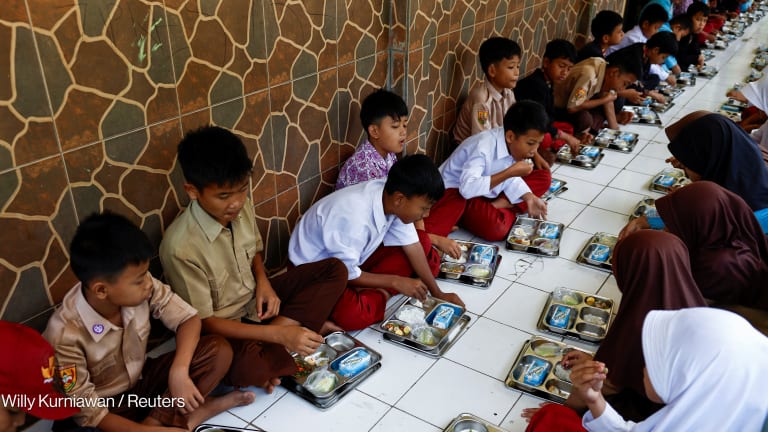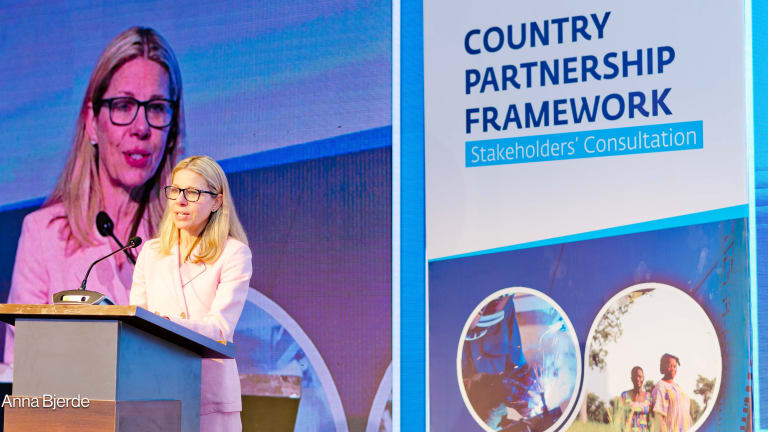While the localization debate has focused on the need to shift power from international NGOs and institutions based in the global north to those in the global south, little has been said about the role of regional organizations in aiding a more locally led approach to development.
Pape Amadou Gaye led IntraHealth, an international health NGO based in North Carolina, United States, with a focus on family planning, reproductive health, and human resources for health for 15 years. After stepping down in 2020, Gaye returned to Senegal, his home country, and founded a new NGO, the Baobab Institute, aimed at supporting the push toward localization in West Africa.
“I felt that one of the requirements for success was the assurance that there are strong institutions and individuals in the field, especially for Francophone West Africa, where there is a dearth of institutions. It’s a region that has not really gotten much attention in terms of resource allocation,” said Gaye.








